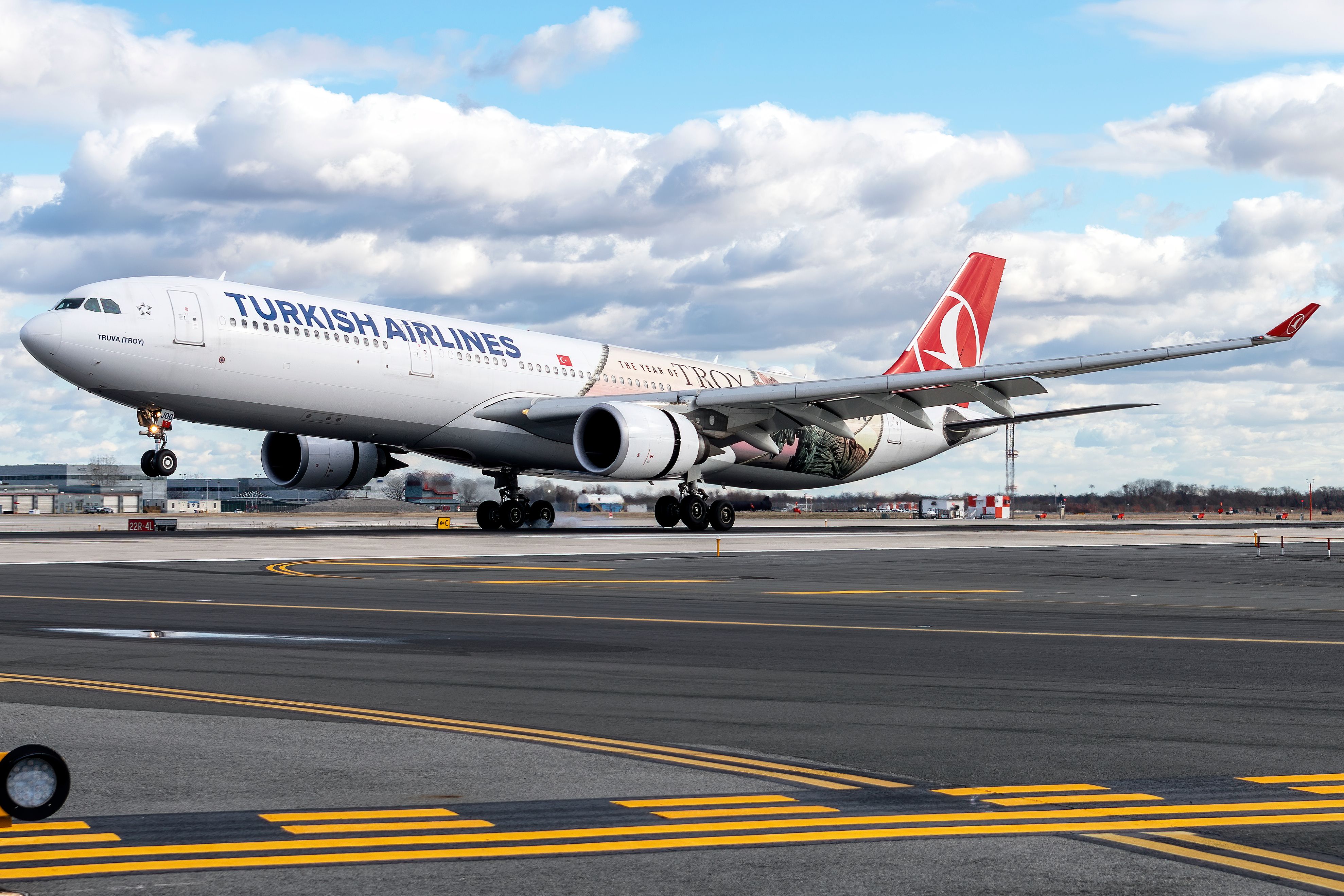Since the US and its allies withdrew their forces from Afghanistan on August 31st last year, the Afghan airspace has remained under the Taliban's control and was effectively closed to overflights. The airspace was classified as uncontrolled, with only a handful of flights operating out of Afghanistan's Kabul International Airport.
Given the vital significance of the aviation industry and how it would revive Afghanistan's crippled economy, the Taliban is seeking to attract more international flight operations. However, additional support is required to manage the country's vast airspace and the air traffic resulting from major foreign carriers returning to Kabul Airport.
Who will be the new operator?
On September 8th, the Taliban announced the signing of the third and final major contract for running Afghanistan's airports with an Abu Dhabi-based firm, GAAC Holding. The three airports covered under the agreement are Kabul Airport, Ahmad Shah Baba International Airport, and Khwaja Abdulla Ansari International Airport.
The final agreement is expected to bring back significant international carriers to Afghanistan and is part of more than $300 million that GAAC aims to invest in the country over a 10-year period to develop its aviation industry. Ghulam Jilani Wafa, Deputy Head of the Civil Aviation of Afghanistan, said:
“Despite our two previous contracts, we still had some vacuum in our operations when it came to guiding flights crossing through Afghanistan’s airspace. We were short of equipment, while some equipment was broken, and it restricts our operations."
The first agreement was signed in March and covered ground-handling services after months of talks between the Taliban and the UAE, Turkey, and Qatar. Turkey and Qatar were initially supposedly in line to run the airports. There was also a possibility of a joint UAE-Turkey-Qatar deal to run the airports. Unfortunately, the agreements with Turkey and Qatar went sideways after the Taliban rejected their requirements for having their own security personnel stationed at the airports.
The second agreement was signed in May, enabling the GAAC to cover the security of Afghanistan's airports, such as the screening of passengers. Overall, the deal will allow GAAC to operationalize Afghanistan's airspace and restore the navigation services. This would include air traffic control, communication, surveillance systems, and meteorological services. Mullah Abdul Ghani Baradar, Afghanistan's Deputy Prime Minister, said:
"Today's deal-signing ceremony in Kabul strengthens the economy, which is a priority for the government. This agreement will positively affect trade and economic growth of this country in terms of job creation."
What does this mean for airlines?
The arrival of GAAC to save Afghanistan's aviation industry might lift the uncertainty around commercial airline operations. Before the Taliban took over, eight airlines served Kabul Airport, including Air Arabia, Air India, Ariana Afghan Airlines, Emirates, flydubai, Kam Air, Pakistan International Airlines, and Turkish Airlines. Before dropping their services, Emirates was one of the more frequent fliers with daily services into the airport, as was Air Arabia.
On average, more than 1,200 flights a month touched down at Kabul Airport before the Taliban took over. Most were primarily operated by local privately-owned Kam Air, followed by government-owned Ariana Afghan Airlines. Notably, Kam Air flew quite a handful of international destinations, such as Ankara, Delhi, Dushanbe, Islamabad, Kuwait, Medina, and Tashkent. Ariana Afghan's global network was similar, including Ankara, Delhi, Dubai, Istanbul, Jeddah, and Urumqi.
Hopefully, the presence and investment from GAAC will help to revive Kabul Airport and make Afghanistan's airspace relatively safe and efficient for international carriers to return. However, it would be interesting to see which foreign carrier will return. Turkish Airlines could be a definite return, seeing as how the national carrier even increased its capacity to Afghanistan during the pandemic. Emirates, flydubai, and Air Arabia might also return, though any future developments remain to be seen.
Stay informed: Sign up for our daily and weekly aviation news digests.
Source: Reuters

.jpeg)
.jpeg)
